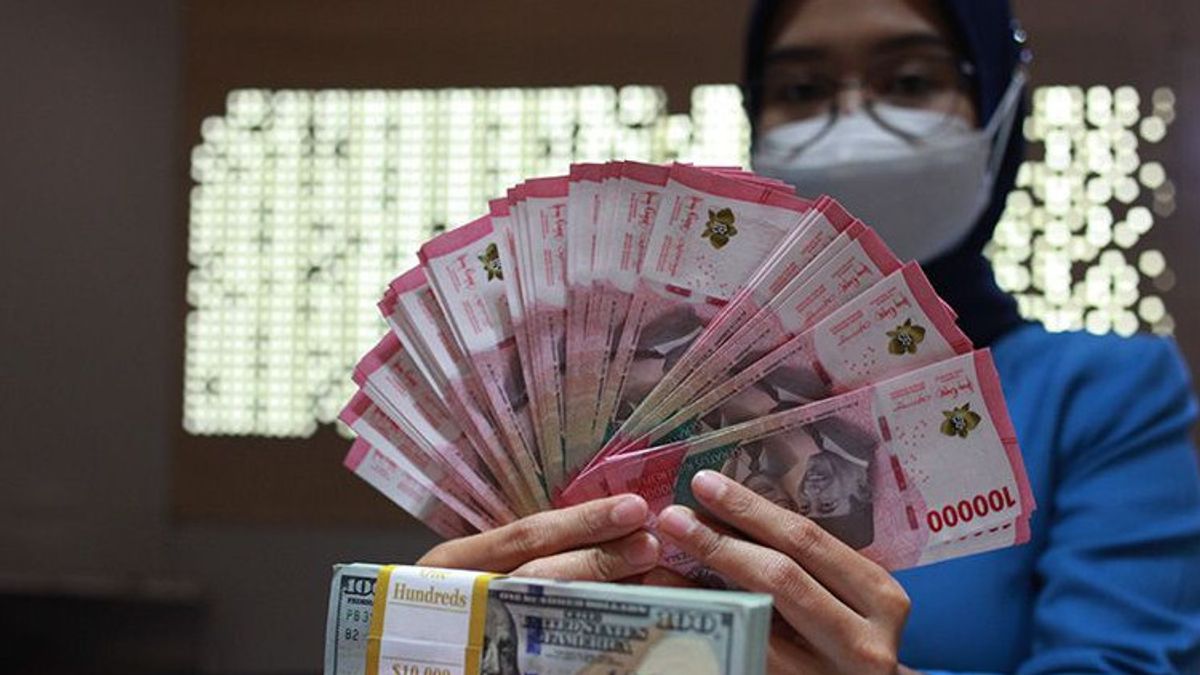JAKARTA - Institute for Development of Economics and Finance (Indef) Economist Abdul Manap Pulungan said the United States (US) banking crisis had no significant impact on Indonesian banking.
"If the US banking crisis is still very far from our banks, especially for BPD (Regional Development Bank)," said Abdul Manap in an Indef discussion, quoted from Antara, Monday, May 8.
According to him, the impact of the US banking crisis on Indonesia will be felt on the price of banking shares that have made an Initial Public Offering (IPO).
As for the overall impact, he believes his influence will not be significant.
Abdul Manap explained that the scheme that may occur related to the impact of the US banking crisis is the transmission of the rupiah exchange rate. When the exchange rate is depreciated, the value of the return on Government Securities (SBN) will be more expensive, thus making the burden of the State Revenue and Expenditure Budget (APBN) increase.
When the state budget is under pressure, it is possible that the budget for banks, including regional banks, will decrease.
Although the scheme occurred, continued Abdul Manap, the transmission process was long and had no major influence on domestic banking.
On the other hand, US banking, which is experiencing a crisis, has a relatively small asset value, which is around 500 billion US dollars. Meanwhile, Indonesia has faced a bigger crisis and can still grow by about six percent.
SEE ALSO:
"So, I think the impact of the US banking turmoil on Indonesian banking will not be significant, especially BPD. BPD on its business scale is also more for local financing, especially financing for civil servants (Civil Servants)," said Abdul Manap.
Apart from the banking industry, Abdul Manap believes that the monetary crisis in the US will not have a significant impact on Indonesia. He explained that there are four factors Indonesia's perception of the US, namely trade, foreign investment (PMA), the monetary sector, and the fiscal sector.
However, of these four factors, Indonesia does not have a high level of dependence on the US. Even so, Abdul Manap said there are still effects that Indonesia can be aware of.
The English, Chinese, Japanese, Arabic, and French versions are automatically generated by the AI. So there may still be inaccuracies in translating, please always see Indonesian as our main language. (system supported by DigitalSiber.id)















